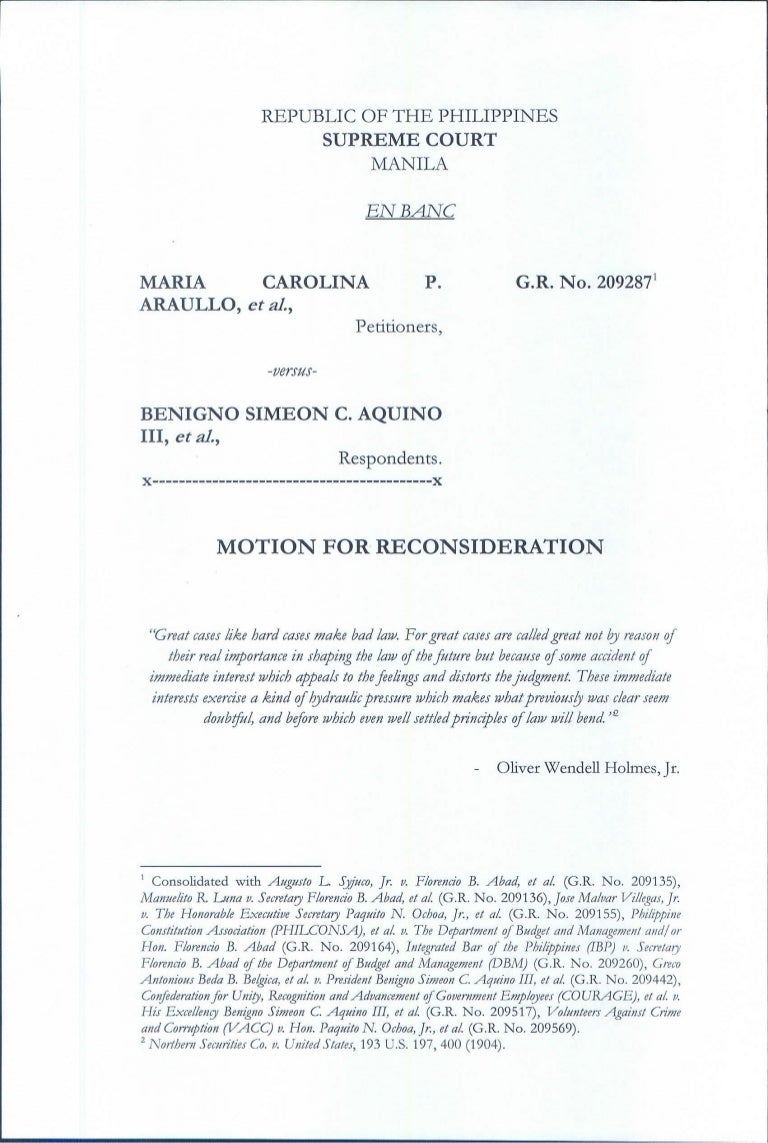



It is obvious that the rules should be complete in this respect and define the practice with respect to any existing rights or remedies to obtain relief from final judgments. Since the rules have been in force, decisions have been rendered that the use of bills of review, coram nobis, or audita querela, to obtain relief from final judgments is still proper, and that various remedies of this kind still exist although they are not mentioned in the rules and the practice is not prescribed in the rules. When promulgated, the rules contained a number of provisions, including those found in Rule 60(b), describing the practice by a motion to obtain relief from judgments, and these rules, coupled with the reservation in Rule 60(b) of the right to entertain a new action to relieve a party from a judgment, were generally supposed to cover the field. Some courts have thought that upon the taking of an appeal the district court lost its power to act. (C.C.A.2d, 1942) 127 F.(2d) 716 3 Moore's Federal Practice (1938) 3276, and further permits correction after docketing, with leave of the appellate court. The amendment incorporates the view expressed in Perlman v. Notes of Advisory Committee on Rules-1946 Amendment (Mason, 1927) §9283.įor the independent action to relieve against mistake, etc., see Dobie, Federal Procedure, pages 760–765, compare 639 and Simkins, Federal Practice, ch. This section is based upon Calif.Code Civ.Proc.

Application to the court under this subdivision does not extend the time for taking an appeal, as distinguished from the motion for new trial. For an example of a very liberal provision for the correction of clerical errors and for amendment after judgment, see Va.Code Ann. See Equity Rule 72 (Correction of Clerical Mistakes in Orders and Decrees) Mich.Court Rules Ann. Notes of Advisory Committee on Rules-1937 The following are abolished: bills of review, bills in the nature of bills of review, and writs of coram nobis, coram vobis, and audita querela. (3) set aside a judgment for fraud on the court. §1655 to a defendant who was not personally notified of the action or (1) entertain an independent action to relieve a party from a judgment, order, or proceeding This rule does not limit a court's power to: The motion does not affect the judgment's finality or suspend its operation. A motion under Rule 60(b) must be made within a reasonable time-and for reasons (1), (2), and (3) no more than a year after the entry of the judgment or order or the date of the proceeding. (6) any other reason that justifies relief. (5) the judgment has been satisfied, released, or discharged it is based on an earlier judgment that has been reversed or vacated or applying it prospectively is no longer equitable or (3) fraud (whether previously called intrinsic or extrinsic), misrepresentation, or misconduct by an opposing party
Sample motion for reconsideration virginia trial#
(2) newly discovered evidence that, with reasonable diligence, could not have been discovered in time to move for a new trial under Rule 59(b) (1) mistake, inadvertence, surprise, or excusable neglect On motion and just terms, the court may relieve a party or its legal representative from a final judgment, order, or proceeding for the following reasons: (b) Grounds for Relief from a Final Judgment, Order, or Proceeding. But after an appeal has been docketed in the appellate court and while it is pending, such a mistake may be corrected only with the appellate court's leave. The court may do so on motion or on its own, with or without notice. The court may correct a clerical mistake or a mistake arising from oversight or omission whenever one is found in a judgment, order, or other part of the record. (a) Corrections Based on Clerical Mistakes Oversights and Omissions.


 0 kommentar(er)
0 kommentar(er)
